luton Postcodes

 Contains Ordnance Survey and Royal Mail data © Crown copyright and database right.
Contains Ordnance Survey and Royal Mail data © Crown copyright and database right.

Luton Outward Postcode (LU)
Click on an outward postal code below for more information about the area.
Each 'outward' postcode give you a comprehensive list of all postcodes within the outward code area (LU) and estimated address.
Click on an 'outward' code for more information. For example, the outward postcode page 'EC2M' will give you an alphabetical list covering all postcodes located in the region, from 'EC2M 1BB' through to 'EC2M 7YA'.

Amazingly, considering how much there is squeezed in, Bedfordshire is England's smallest county. Perhaps what makes it look so deceptively large are the never ending undulating green fields, cosmopolitan towns and luscious rivers.
With such beautiful and valuable farmland it is little wonder that the area has been attracting new settlers for thousands of years, since it was the homeland of the ancient British Cantvellauni Tribe. From then on it was continually occupied by either the Romans or the Anglo Saxons or Danes, and was for a while known as the Kingdom of Mercia. The region's most famous son John Bunyan began the Pilgrim's Progress in Bedford Prison and a stone marks the prison's original site. In addition there is a museum and a statue in front of the church of St Peter, as well as a meeting-house named after him. For history buffs the county also has Woburn Abbey, ancestral seat of the Dukes of Bedford, built on a medieval abbey and sitting in parklands of over 3000 acres; now of course, a famous safari park. In addition there is the house at Luton Hoo built by Robert Adam (and with gardens landscaped by Capability Brown), the 19th century 5 arch bridge over the River Ouse and hundreds of old churches scattered throughout the region.
But Bedford is really all about the landscape and the rolling Chiltern Hills and Dunstable Downs - from the undulating pastures and farms set in the River Great Ouse Valley and the vast waterway and tributaries of the river itself to forests of alder and willow and endless meadows, thatched cottages, market gardens and ancient villages such as Cardington, Bushmead and Roxton.
Bedford itself has one of the most impressive riverside settings in all of Britain looking out over the River Great Ouse from Castle Mound. Well worth a visit it is a cosmopolitan and exciting town with arts and culture festivals all year round and a number of fine museums.
The Luton postcode region (LU) contains 7 unique 'outward' codes. Luton is the main postal town/district for this region, with all postcodes starting with the following outward codes.
This page contains a list of postcodes for Luton area. Select a postcode to see the map location, demographics, house prices, local information, tourist guides and statistics:
Local demographics, guides and information
There's plenty of local information, guides and useful data to browse and explore, whether you're a Luton resident or a visitor to the area.
Scroll down to discover all you need to know about the Luton postcode area.
The LU postcode includes the following local authorities:
- Aylesbury Vale
- Central Bedfordshire
- Dacorum
- Luton
- North Hertfordshire
- St Albans
Local News Bedfordshire
Universal begins public meetings for UK theme park
The company says the public engagement does not mean the proposal is confirmed.
BBC NewsBar venue with troubled history gets new licence
The previous incarnation lost its licence amid reports of sex acts in the garden and a mass brawl.
BBC NewsRegion faces rail strike disruption
Industrial action will take place across five days affecting the Greater Anglia network.
BBC NewsNo hosepipe ban, says Anglian Water
Anglian Water says it has no plans to restrict the use of hosepipes this summer.
BBC NewsResidents emotional as Bedford postie retires
Graham McFiggins is said to have done more for the community than delivering letters.
BBC NewsRazed speedway track cannot be revived - developers
East Herts Council is looking at "resolving planning breaches" at a former speedway racing venue.
BBC NewsSchools to close for two days due to Big Weekend
A trust says teaching will be moved online except for GCSE students, who must attend for exams.
BBC NewsJust forgotten': The adults who can't read
Sue Warden is Coordinator at Readeasy in Milton Keynes which helps adults with literacy.
BBC NewsSpending a fortune on conveyancing?
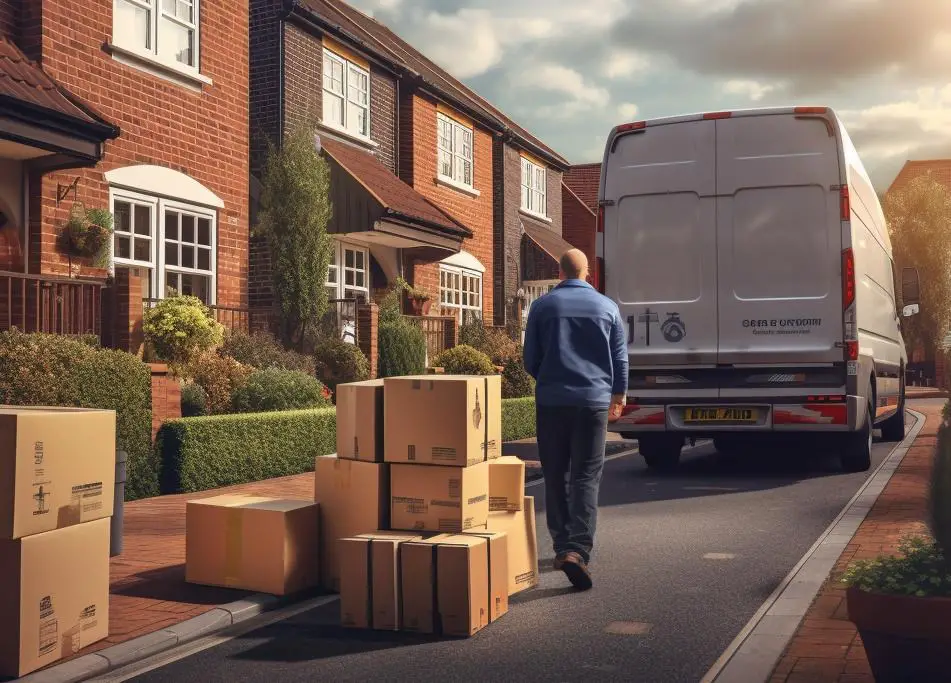
Compare instant, low-cost online quotes from trusted conveyancing solicitors.
Backed by experts, our no-obligation service searches through the best conveyancing quotes on the market to save you time and money.
From the Postcode Area blog
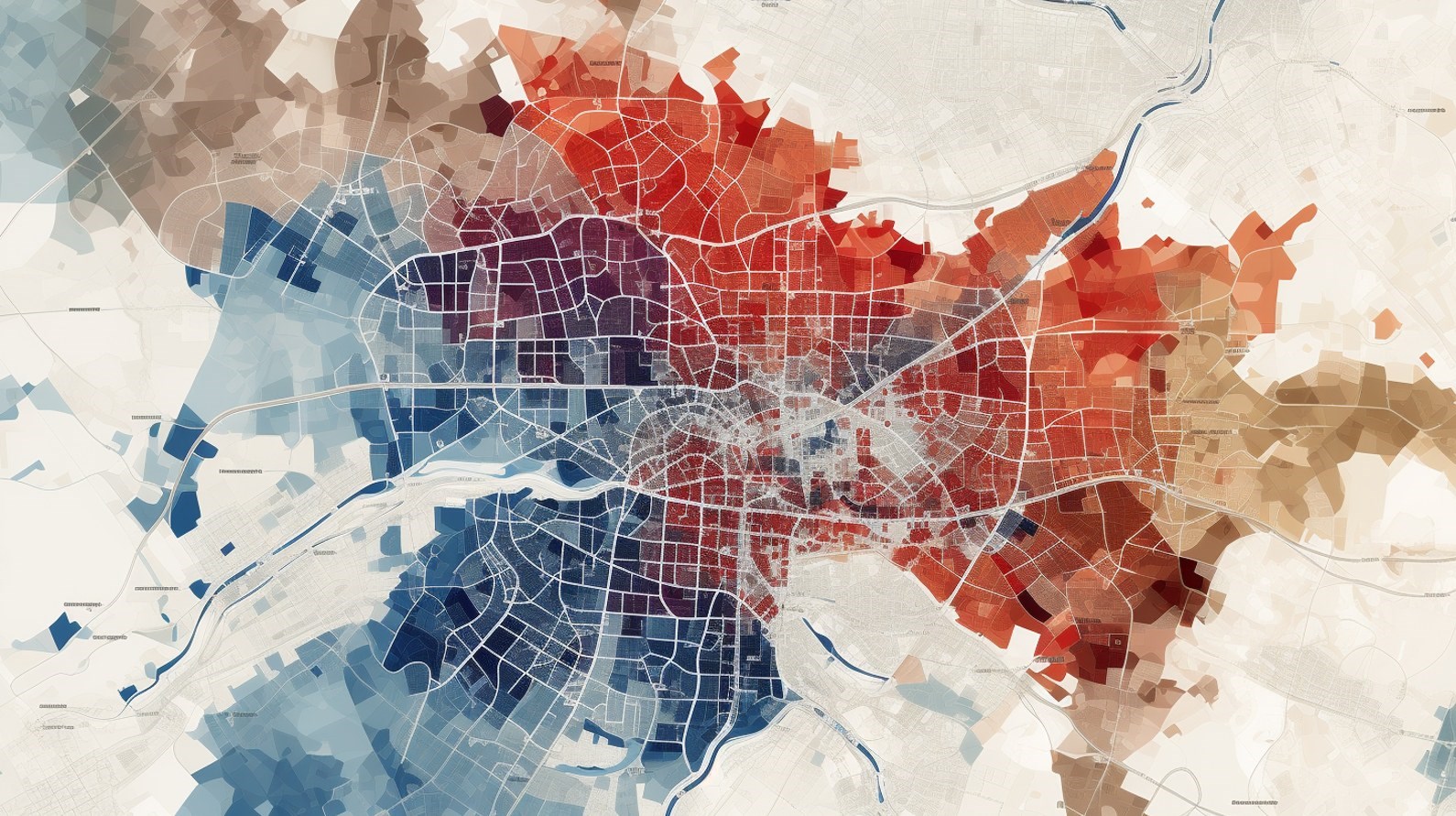
Deciphering Crime Rates - a Deep Dive Into UK Postcode Analysis
Ever wondered about the crime rate in your UK postcode? You're not alone. We've dug deep into the data, uncovering trends and patterns that'll make your head spin.
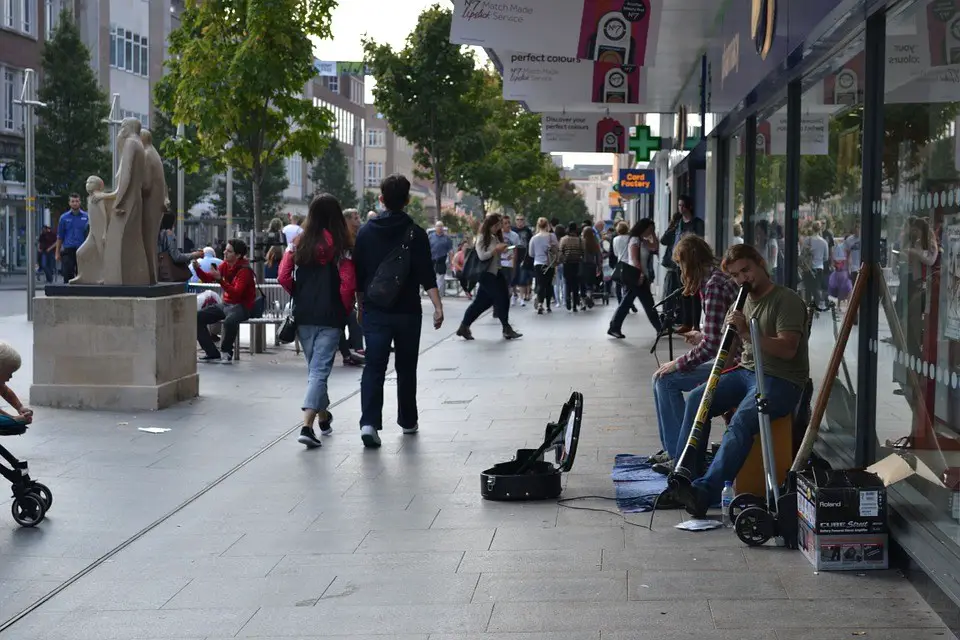
Death of the High Street?
The BBC reports that despite councils' attempts to kurb them, the UK's high streets have seen a huge growth in fast food outlets. Could this mark the death knell for the Great British high street, and what can we do about it to halt its decline?
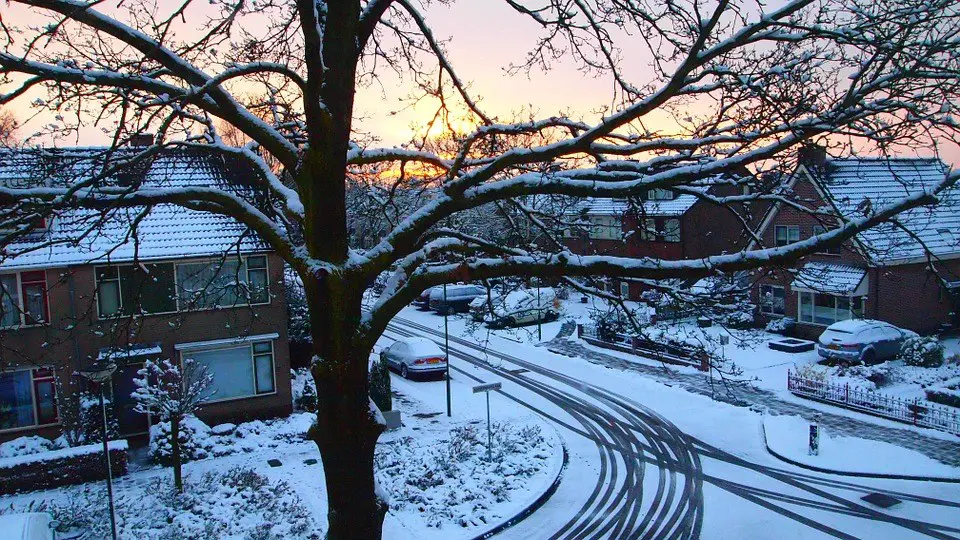
Discrimination by Postcode
You really couldn't make it up, could you? Some of the country's most vulnerable people are missing out on their weekly £25 Cold Weather Payment, just because the system that's in operation is discriminating against them because payments are based on postcode, rather than geographic location.
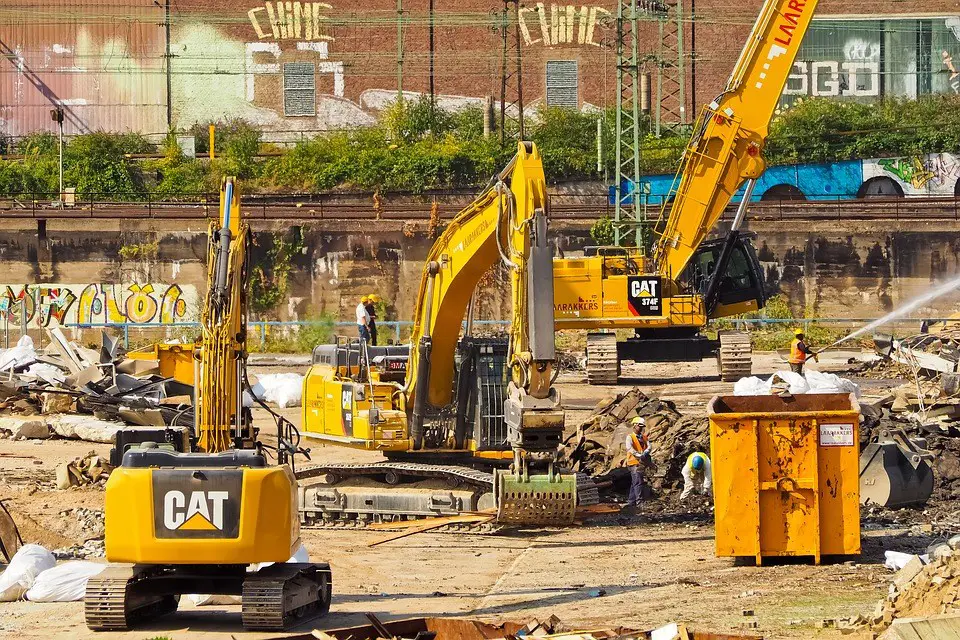
The Redesign is Underway
Well, the current website was absolutely in dire need of a good redesign - from the ground up. So I set out to pull it all apart and get it up and running again to become the most comprehensive guide to every postcode in the UK. And it's been a long, tough job from start to finish - and quite possibly the biggest project I've ever undertaken.
About Us
Postcode Area helps people in all areas of the UK to locate and find postcode data and information for cities and towns in England, Scotland, Northern Ireland and Wales.
Share and Share Alike
Find this information useful? Don't keep it a secret - spread the word.
© Postcode Area / CliqTo Ltd and Chris Haycock. Registered company number 7575287.
Unit 8 Palmbourne Industrial Park, Castle Street, Stafford, England, ST16 2TB,
UNITED KINGDOM.